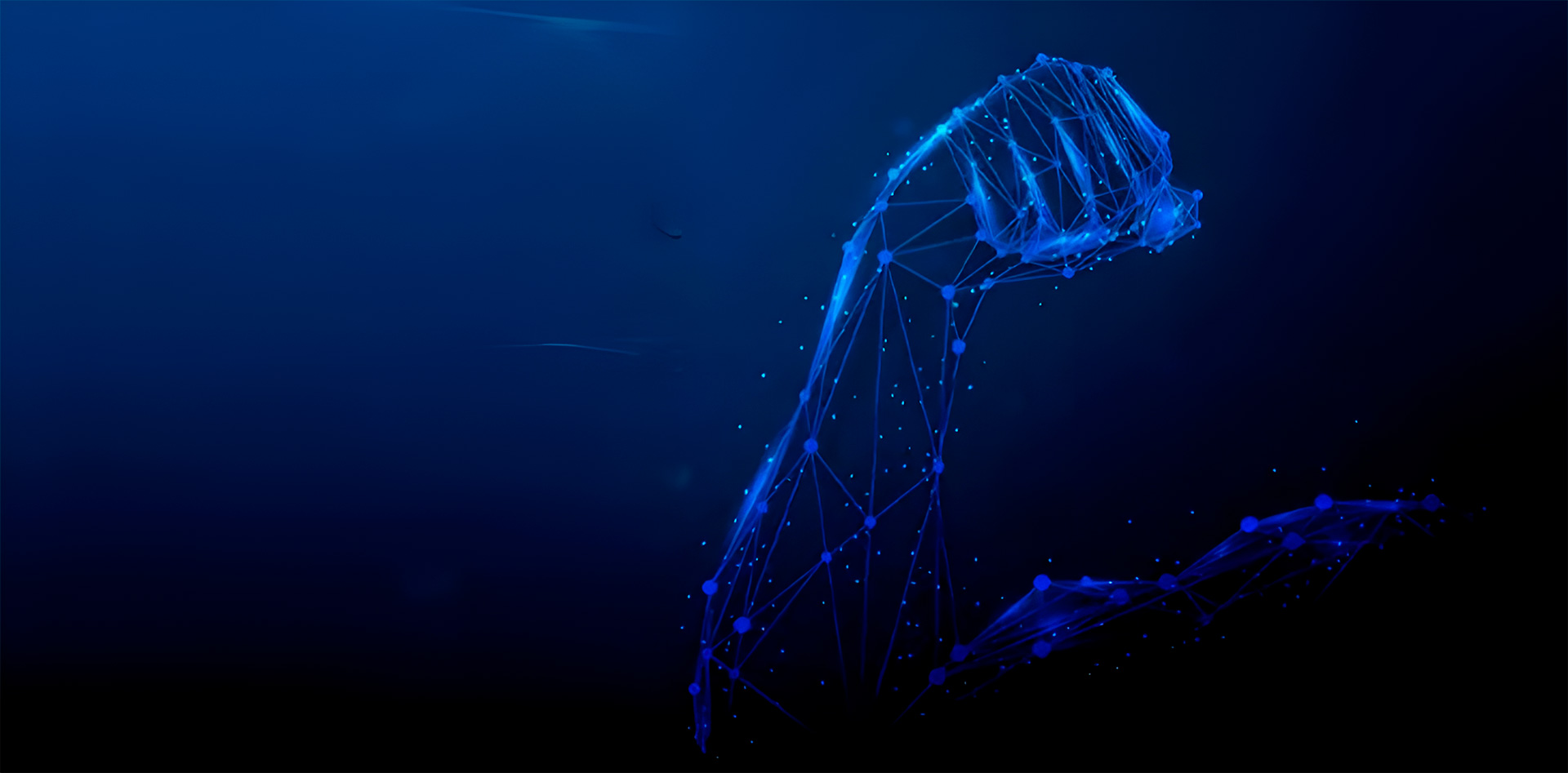Digital Twin technology has been rising in popularity thanks to the popularity of machine learning and Generative AI in the last decade. As the life expectancy of people around the world is increasing, so is the focus on physical activity to remain healthy.
The coach is one of the most influential figures in sports. Research has shown that a positive coach-athlete relationship enhances the athlete’s response to stress and improves his/her performance. For the same reason, a negative coaching experience can severely affect the motivation and competence of the athlete. Work is being done not only in training professional coaches but also in trying to make these professionals understand how to engage better with people, who are not interested in sports. However, not all people can have the luxury of having a trained
Digital Twin technology has been rising in popularity thanks to the popularity of machine learning and Generative AI in the last decade. As the life expectancy of people around the world is increasing, so is the focus on physical activity to remain healthy.
The coach is one of the most influential figures in sports. Research has shown that a positive coach-athlete relationship enhances the athlete’s response to stress and improves his/her performance. For the same reason, a negative coaching experience can severely affect the motivation and competence of the athlete. Work is being done not only in training professional coaches but also in trying to make these professionals understand how to engage better with people, who are not interested in sports. However, not all people can have the luxury of having a trained
professional to help them improve physically or overcome certain physical limitations. This is where AI Coaching comes into play as it can be a handy tool, if not a substitute for trained professionals, for people who cannot afford to attend a coaching session for one reason or another.
Besides sports, AI Coaching is also helpful for the aging population. The World Health Organization has declared the decade of 2020–2030 as the decade of healthy aging. In their report on aging and health, they propose key areas of action to help healthy aging with one being “Ensure a sustainable and appropriately trained health workforce”.
The use of the AI Coach technology can help bring a highly customizable solution to individuals. AI Coach technology enables the collection and analysis of data about the Human Coach and provides them with personalized feedback to improve their quality of life and wellbeing.
There is also a close relation between AI Coaching and recommender systems. A recommender system, in terms of e-commerce, is a tool that helps curate items from an extensive database of products or services to users based on their past preferences. It makes a profile of the user and tries to predict the products that he or she may like. Both a AI Coach and a recommender system try to make a model of the user based on collected health data from stored and realtime sources. User modeling is a research topic in Human-Computer Interaction focused on improving the user experience of systems by providing tailored experiences and recommendations to the user based on specific background knowledge and objectives.
For AI Coach to work independently, we can use AI algorithms to provide highly customized and targeted feedback to the trainee. AI Coaching provides a tailored coaching experience to trainees. AI Coaching takes into account their current physical and mental condition for fast and seamless communication between the AI coach and the real world.
In the case of sports, the user usually was in a good health state and wanted to improve their physical performance to be more competitive. In wellbeing, the person wanted to achieve good or better health habits and was not about being competitive but being healthy. The clients who needed rehabilitation sessions because of a physical impairment wished to recover their physical functions.
Sport is a competitive field that demands a high athletic level. It requires professional training, which includes pose analysis, pose correction, reasonable training plans and timely fatigue control. However, not all athletes are equipped with an expert and sometimes athletes may need to train alone. AI Coaching is an excellent way to help users make progress and achieve training goals that meet the requirements of athletes perfectly.
Most systems in sports take advantage of machine learning algorithms to give professional pose corrections or recognition to players in many fields such as baseball, biking, skiing, Tai Chi, swimming, weightlifting and tennis. The whole process includes gathering body information from sensors, feeding the data into ML models and giving the recognition and classification results.
In the swimming field, researchers have worked on swimming section division (stroke and turn) and style classification using linear regression and decision trees with data collected by a waterproof sensor, which included a built-in acceleration sensor and a velocity sensor. The reasoning behind it was that those sensors did not suffer from water turbulence and unclear motion under water compared with camera-based sensors. Also, researchers designed an NN (neural network) to create a training plan for cyclists based on power meter data and compared it with human-made programs from the platform TrainingPeaks. There is also work done to recognize referees’ gestures in real-time using a supervised/semi-supervised hybrid NN.
Through the combining of Generative AI and Computer Vision algorithms, Actiquest provides fast learning of core Generative AI for coaching, that can be easily adapted for any coaching application with experienced Human Coaches. So that means that we can create a digital twin of any human coach on demand in a week. The Actiq app allows human coaches to reach a larger audience than ever before.


